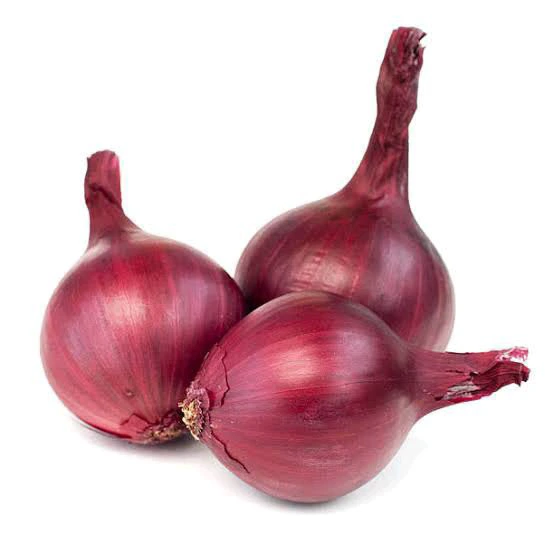The onion is a common element in many different cuisines. They are an essential ingredient of many recipes due to the flavour, aroma, and texture they bring to the table.
Onions are typically regarded as healthful and nutritious, however there are some people who should limit or avoid eating them for health reasons.
Let’s talk about the people who might do better with less or no onions in their diets.
Some people may have difficulty digesting onion since they contain fructans, a type of carbohydrate.This is according to Healthline.
Onion consumption has been linked to bloating, gas, stomach pain and diarrhoea in those with irritable bowel syndrome (IBS), Crohn’s disease or fructose intolerance.
In such circumstances, it’s best to cut back on onion intake or find other ways to add flavour to food.
People who suffer from acid reflux have to deal with the discomfort of heartburn whenever stomach acid runs back into the oesophagus from the stomach.
Some people find that eating onions causes their acid reflux symptoms to worsen. Onions’ sulphurous chemicals might irritate the esophageal lining and make acid reflux symptoms worse.
Those who suffer from this ailment may find relief by limiting or eliminating their use of onions.
According to healthline Onion allergies are unusual, but they do occur in certain people.
Onion consumption has been linked to allergic reactions in some people, including hives, itching, and respiratory symptoms including coughing and wheezing.
An allergist should be seen if you think you have an allergy to onions so that you can be properly diagnosed and given advice on how to handle your diet.
People with Irritable Bowel Syndrome (IBS) and other digestive issues are typically advised to follow a low FODMAP diet. Some people experience discomfort when consuming a group of carbohydrates known as FODMAPs (fermentable oligo-, di-, mono-, and polyols). Onions are particularly high in fructans, a kind of FODMAP. So, people on a low FODMAP diet might have to cut out onions entirely or eat them in very small quantities.
Onions contain chemicals that may interact negatively with a number of drugs and health issues. Because of its inherent antiplatelet qualities, onion consumption may need to be restricted in people on blood thinners, for instance.
In addition, those with a history of kidney stones may be recommended to limit their onion intake since oxalates found in onions can contribute to the development of kidney stones.
Even though onions are a nutritious vegetable for the most part, some people should avoid them. Consultation with a medical practitioner or a certified dietitian is recommended if you fit any of the above categories or have concerns about having onions in your diet. They can tailor advice to your circumstances and provide you the information you need to make healthy food decisions.
Keep in mind that eating a wide variety of healthy foods is essential to your well-being, and that there are lots of tasty substitutions for onions that will still add flavour to your meals without causing you any trouble.


